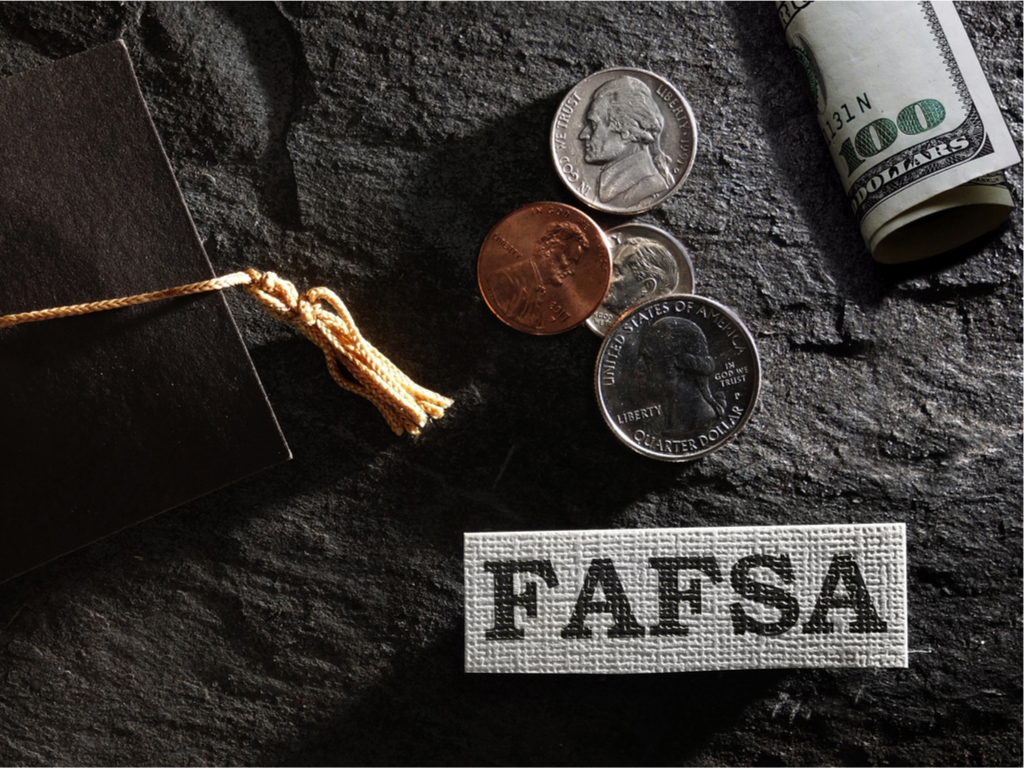Grants play a crucial, sometimes life-saving role for many organizations. In the world of nonprofits and charities, they are not just important; they are the lifeline that keeps these entities thriving. The art of gathering donations is a delicate and challenging task, and this is where the magic of a skilled grant writer comes in.
These expert wordsmiths use their pen like a wand, turning compelling narratives and persuasive proposals into vital dollars. By entrusting this task to a professional grant writer, organizations can dramatically enhance their ability to secure the funds essential for their survival and success.
To be a grant writer, you usually must have a high-level of writing skills and be familiar with the world of donations, charities, and fundraising. You can be employed by a company or organization who needs your skills full-time, or you can be a freelancer.
However, having these skills can pay off — for 2024, you can earn an average of $66,107 a year, (ZipRecruiter) just by grant writing from home.
As a grant writer, you will have to become familiar with the organization you are working for. You will have to conduct research on the grant topic and organize and write the grant. Sharp writing, editing and research skills are essential. You may have to work closely with other people in the organization you are writing grants for.
You may have thought that, in order to be a medical transcriptionist, you would need to work in a hospital or doctors office.
But that’s not the case. You can still be a top-notch medical transcriptionist while earning an average of $20.19 per hour (ZipRecruiter) working from the comfort of your couch.
Oftentimes, hospitals do not hire people to transcribe what is said in the hospitals directly. Instead, they hire companies who provide the medical transcriptionists remotely. So when looking for a job, you will have to look for these kinds of companies.
This is how it works: Hospitals will send the digital audio file recordings that need to be transcribed to the transcriptionist, or the agency that will pass on the assignment. Often, these will be patient records or other important files. The transcriptionist will type out what is said in the audio files. A fast typing ability is an essential skill for medical transcriptionists. Some medical transcriptionists will translate medical information into another language, so being bilingual is a good asset.
All you need is a transcriptionist certificate from a vocational school or a degree from a community college to get started. You do not need to take the courses full-time, and you may likely complete the program in just a few semesters.
By Admin –




